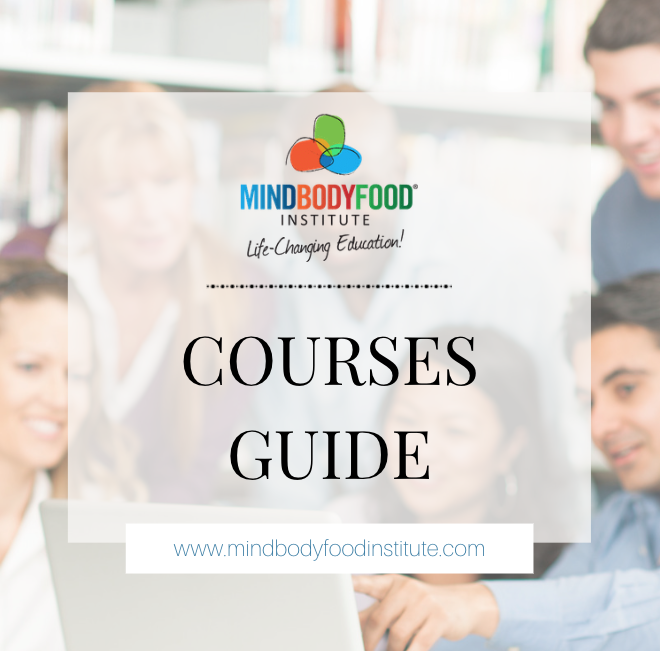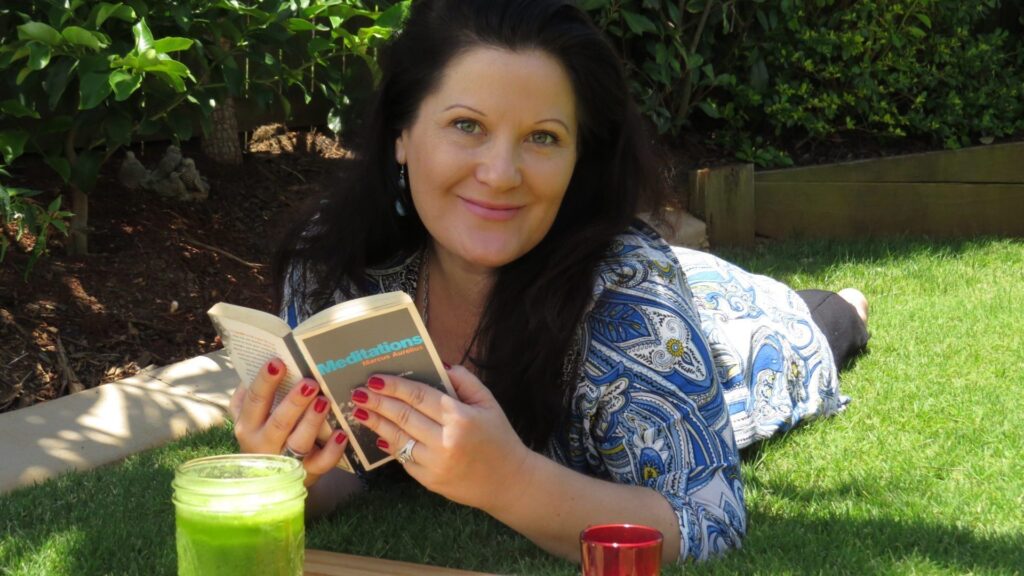Emotional regulation – or processing – is an important topic. All humans have emotions, but sadly we don’t all possess the essential life skills to process our emotions and regulate our nervous systems when emotions run high or spill over!
From health professionals and holistic practitioners who aim to support their clients’ mental wellbeing to individuals seeking personal growth and self-improvement, we can all benefit from learning emotional regulation skills.
What is Emotional Regulation?
Emotional regulation refers to our ability to manage and respond to an emotional experience in a socially (and personally) acceptable manner. It involves understanding, managing, and responding to emotional experiences, both positive and negative, in ways that are adaptive, healthy, and in line with our goals.
Emotional regulation isn’t about suppressing our emotions or pretending they don’t exist. Rather, it involves acknowledging our feelings and dealing with them in a constructive manner. We all experience emotions; however, how we respond to these feelings can significantly influence our mental, social, and even physical health.
Why is Emotional Regulation Important?
Emotional regulation is a critical life skill for maintaining mental health, forming healthy relationships, and achieving personal and professional success. This has become of even greater importance post-pandemic with the sharp increase in mental health issues and teenage crime being reported on in various countries.
Here’s why:
- Mental Health: Emotional regulation is key to preventing mental health disorders such as anxiety and depression. It allows us to maintain a healthy emotional balance, reducing the risk of developing mental health issues.
- Healthy Relationships: Good emotional regulation helps us to interact with others in a healthy and effective way. It aids in conflict resolution and promotes better understanding, patience, and empathy in relationships.
- Productivity and Success: Emotional regulation also plays a vital role in our professional lives. It helps us to stay focused, make rational decisions, and navigate challenges with composure.
5 Emotion Regulation Skills to Practice
- Self-Awareness: The first step in regulating emotions is recognizing them. Cultivate the ability to identify and label your feelings correctly.
- Self-Care: Regular exercise, a balanced diet, and adequate sleep contribute to emotional stability. This forms a crucial foundation for managing our emotional responses.
- Mindfulness: Practicing mindfulness can enhance our ability to control our emotions. It encourages acceptance of our feelings without judgment, allowing us to better manage them.
- Problem-Solving: Sometimes, our emotions signal a problem that needs solving. Being able to identify and address these issues effectively is a key emotion regulation skill.
- Resilience: Life is full of challenges. Cultivating resilience helps us to cope with adversity without being overwhelmed by negative emotions.
7 Strategies to Help You Regulate Your Emotions
- Practice Deep Breathing: Conscious, controlled breathing can help to calm the mind, reducing stress and anxiety. I love Box Breathing (breathe in for 4, hold for 4, exhale for 4, hold for 4 and repeat).
- Develop Healthy Coping Mechanisms: These can include physical exercise, meditation, talking with a trusted friend or family member, or engaging in a hobby you enjoy.
- Challenge Negative Thoughts: Cognitive restructuring, a skill taught in cognitive-behavioural therapy (CBT), involves identifying and challenging unhelpful thought patterns. Here are 6 Positive Thinking Tools you can use right now!
- Improve Communication Skills: Effective communication allows us to express our emotions in a constructive manner.
- Seek Professional Help: Therapists, counsellors and some highly trained Holistic Life Coaches are skilled in techniques that can improve your ability to regulate emotions.
- Use Distraction Techniques: Shifting your focus to something less emotionally charged can provide temporary relief from intense emotions, giving you time to regroup and respond more effectively (emotional chemistry lasts between 60-90 seconds!).
- Practice Mindfulness and Meditation: Regular practice can enhance your ability to observe your emotions without getting swept away by them, creating a healthy space to observe before responding.
Understanding and managing our emotions is an ongoing process. While it can be challenging, the rewards are immense, ranging from improved relationships to enhanced mental wellbeing.
So keep exploring, keep learning, and remember – it’s perfectly okay to seek professional help along the way.
References and Resources to learn more:
Gross, J. J. (2015). Emotion Regulation: Conceptual and Empirical Foundations. In J.J. Gross (Ed.), Handbook of Emotion Regulation (Second Edition). New York: Guilford Press.
Thompson, R. A. (1994). Emotion regulation: A theme in search of definition. Monographs of the society for research in child development, 59(2-3), 25-52.
Kabat-Zinn, J. (2013). Full Catastrophe Living (Revised Edition): Using the Wisdom of Your Body and Mind to Face Stress, Pain, and Illness. New York: Bantam Books.
American Psychological Association. (2019). Building your resilience. Retrieved from https://www.apa.org/topics/resilience
Websites: American Psychological Association (APA), the Mayo Clinic, or Psychology Today.
Author:
Viki Thondley
Viki Thondley-Moore is an Integrative Holistic Counsellor, Brain-Based Coach, Clinical Hypnotherapist, Mind-Body Somatic Practitioner, Wellness Coach, Meditation Teacher, Educator and Disordered Eating Specialist. Viki is founder of MindBodyFood and Founder/Director of the MindBodyFood Institute.
DOWNLOAD OUR COURSES GUIDE
Learn More About Our Course Offerings and Discover Which New Wellbeing Career Best Suits Your Passion!








